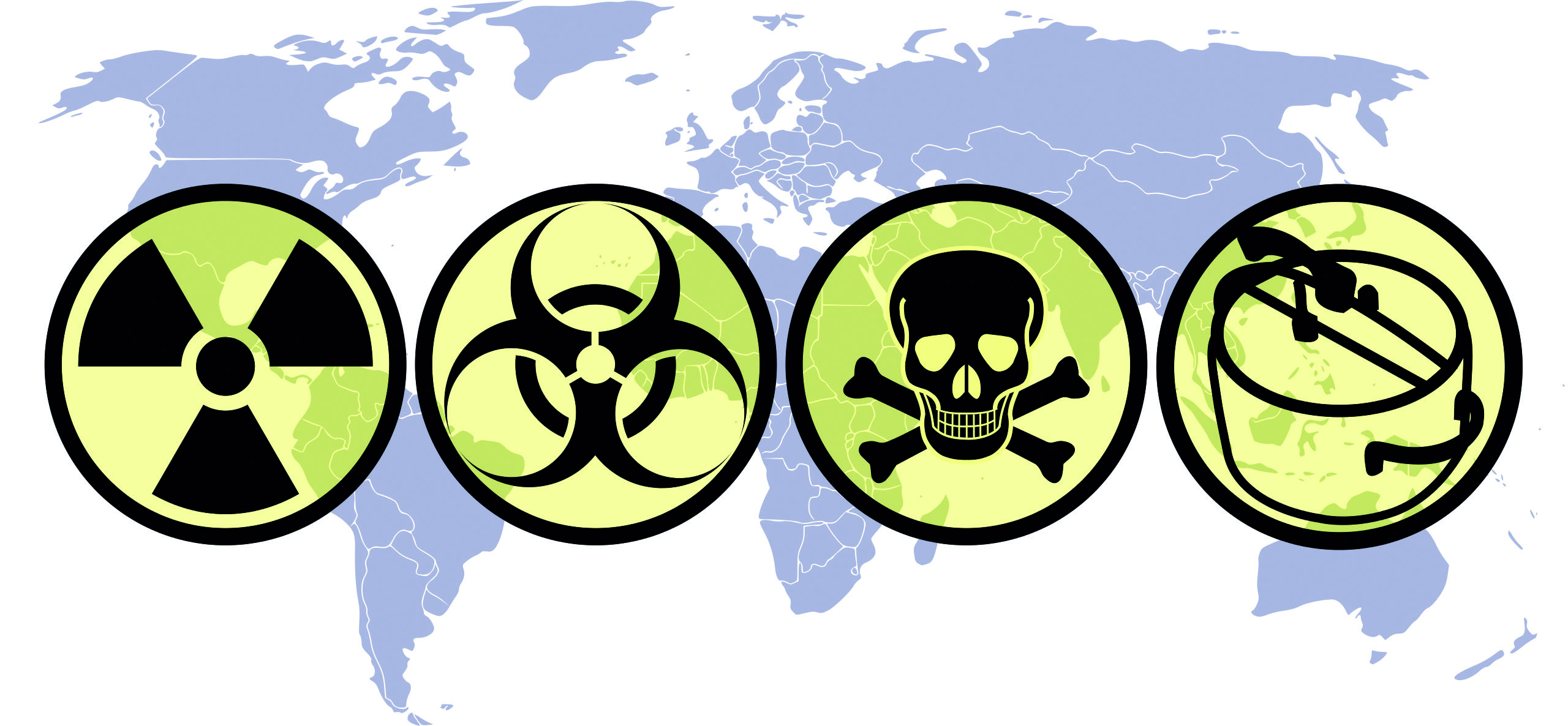Lebanon’s financial system is on the brink of being placed on the Financial Action Task Force (FATF) grey list. Acting governor of Banque du Liban (BDL), Wissam Mansouri recently stated that Lebanon is “working hard” to prevent this outcome, highlighting the nation’s efforts at a Union of Arab Banks meeting in Beirut.
Being added to the FATF grey list would mark another severe setback for Lebanon, a country already mired in economic turmoil since 2019. The grey list includes countries that fail to meet international standards for combating money laundering and terrorism financing. If Lebanon is placed on this list, the nation could face significant repercussions, such as disrupted capital flows, increased transaction costs, and reputational damage that could further isolate it from global financial systems. The International Monetary Fund (IMF) highlighted that “Lebanon is in a critical situation and failing to take the necessary actions will lead the country into an endless crisis,”
According to Reuters, Lebanon received a preliminary evaluation in May 2023, identifying several deficiencies, including inadequate anti-money laundering (AML) measures, lack of transparency in beneficial ownership of companies, and limited cooperation in freezing and confiscating illicit assets. The FATF granted Lebanon a one-year period to address these shortcomings, with a final decision expected at the FATF plenary in October 2024.
Mansouri noted that Lebanon received low scores in areas critical to AML compliance, including the confiscation of illicit wealth. The central bank’s special investigations commission has been lobbying FATF member states to reconsider Lebanon’s evaluation, but the outcome remains uncertain. Despite some efforts by Lebanese banks and money transfer companies to enhance monitoring mechanisms, concerns persist about Lebanon’s cash-based economy, which poses significant money laundering risks and facilitates illicit financial activities.
The potential grey-listing comes at a particularly difficult time for Lebanon, which has been slow to implement key reforms requested by the IMF as part of a broader economic recovery package. The nation’s financial system has been under significant strain, with depositors unable to access most of their pre-crisis savings and many foreign banks shunning Lebanese institutions due to heightened risks.
Lebanon’s ongoing political and security challenges, including conflicts involving Hezbollah and the Israeli military, have further compounded the economic situation. The prolonged lack of reforms has hindered the country’s ability to stabilise its financial environment, making it increasingly vulnerable to external disruptions.
To avoid grey-listing, Lebanon needs to demonstrate substantial improvements in its financial crime measures, specifically by enhancing AML/CFT regulations, increasing transparency in corporate ownership, and boosting legal cooperation on asset freezes and confiscations. Judge Sabouh Sleiman recently highlighted new investigative techniques being developed to tackle financial crimes, emphasising the need for more robust legislation and reforms.
The central bank has also issued new regulatory amendments aimed at tightening oversight of financial institutions, but experts argue that these efforts are insufficient. Comprehensive reforms are necessary to restore confidence in Lebanon’s banking sector and prevent further financial seclusion.
Lebanon’s potential inclusion on the FATF grey list underscores the urgent need for financial reforms to combat money laundering and enhance regulatory compliance. The October decision will be critical, as failing to meet international standards could deepen Lebanon’s economic isolation and further strain its already vulnerable financial system. Moving forward, Lebanon must address its AML/CFT deficiencies and implement key reforms to regain international trust and stabilise its economy.
For more information, please contact us at info@compliancemk.com.




